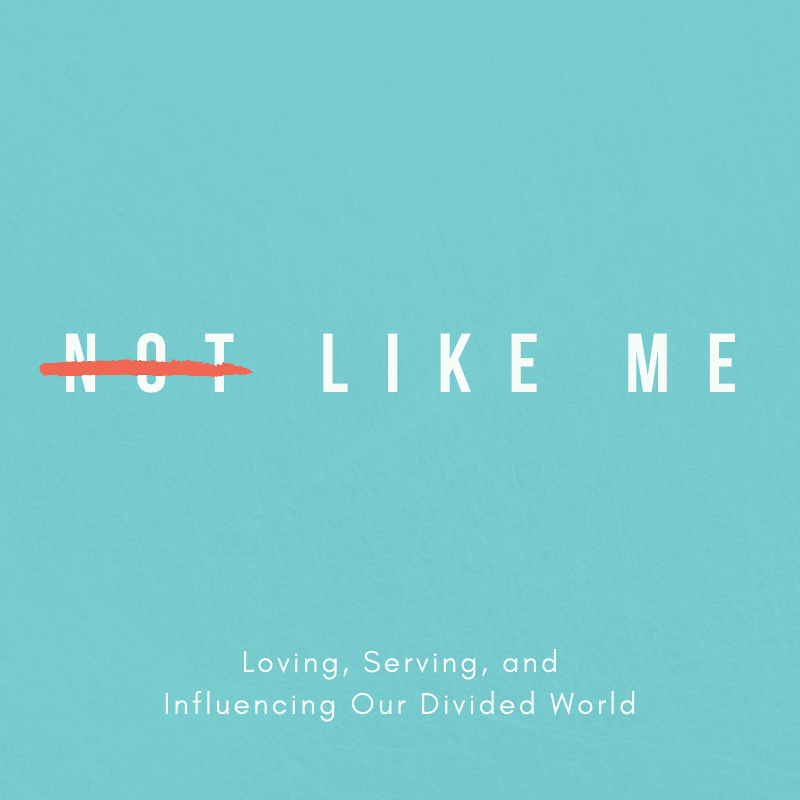Benefit to All | Isaiah 58:11-12
Grace Hunter2020-06-18T13:11:33-06:00What we have heard and known, what our fathers told us. We will not hide them from their children; we will tell the next generation the praiseworthy deeds of the Lord, his power, and [...]


